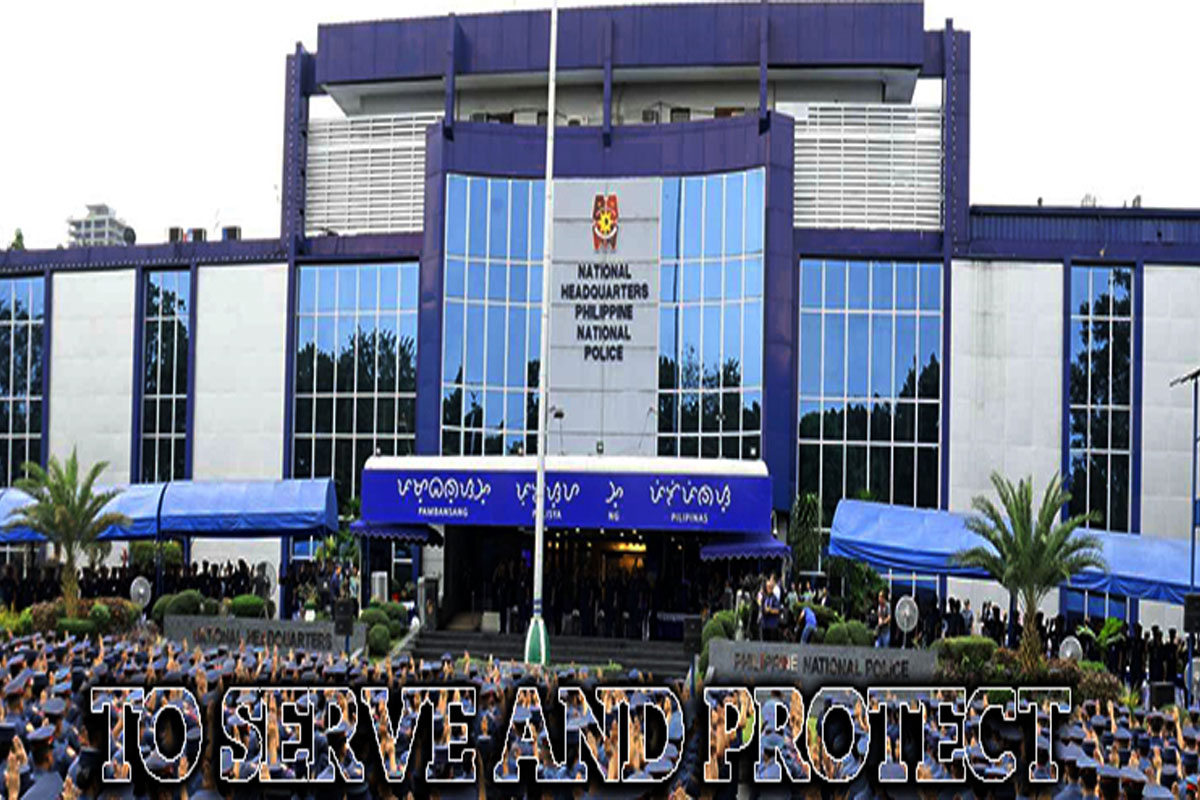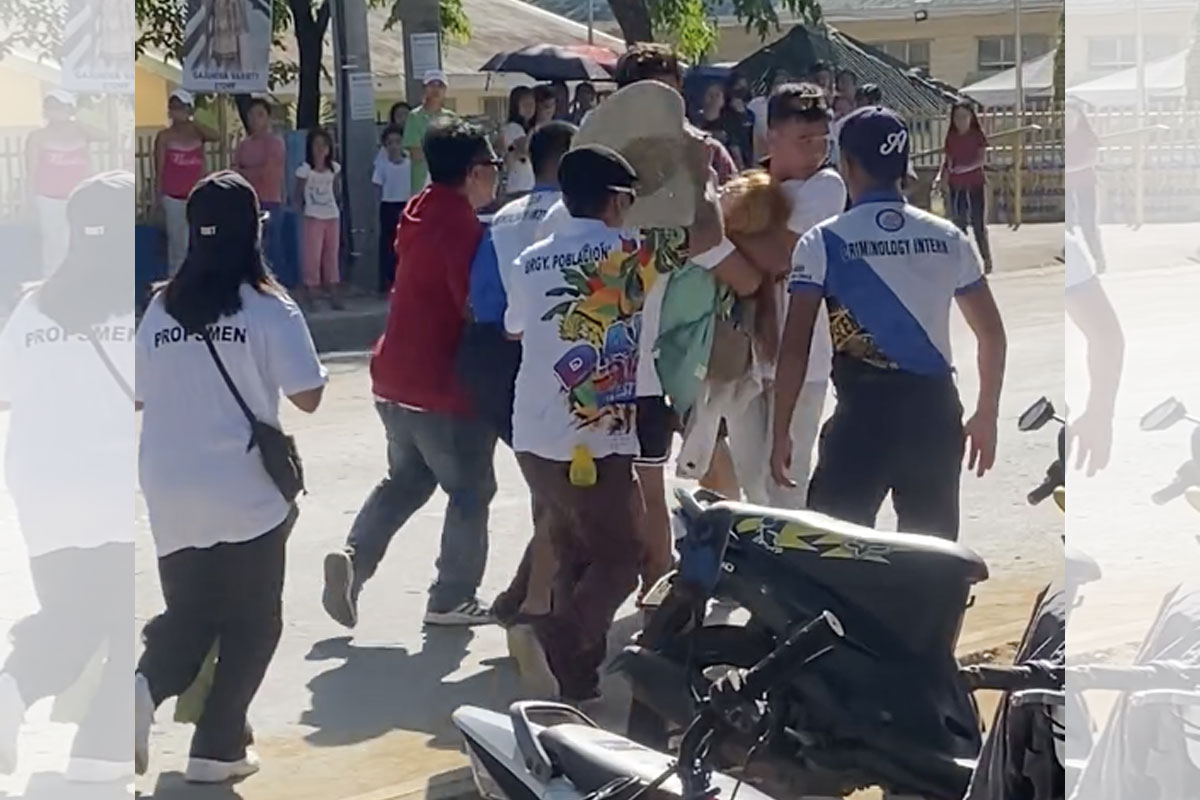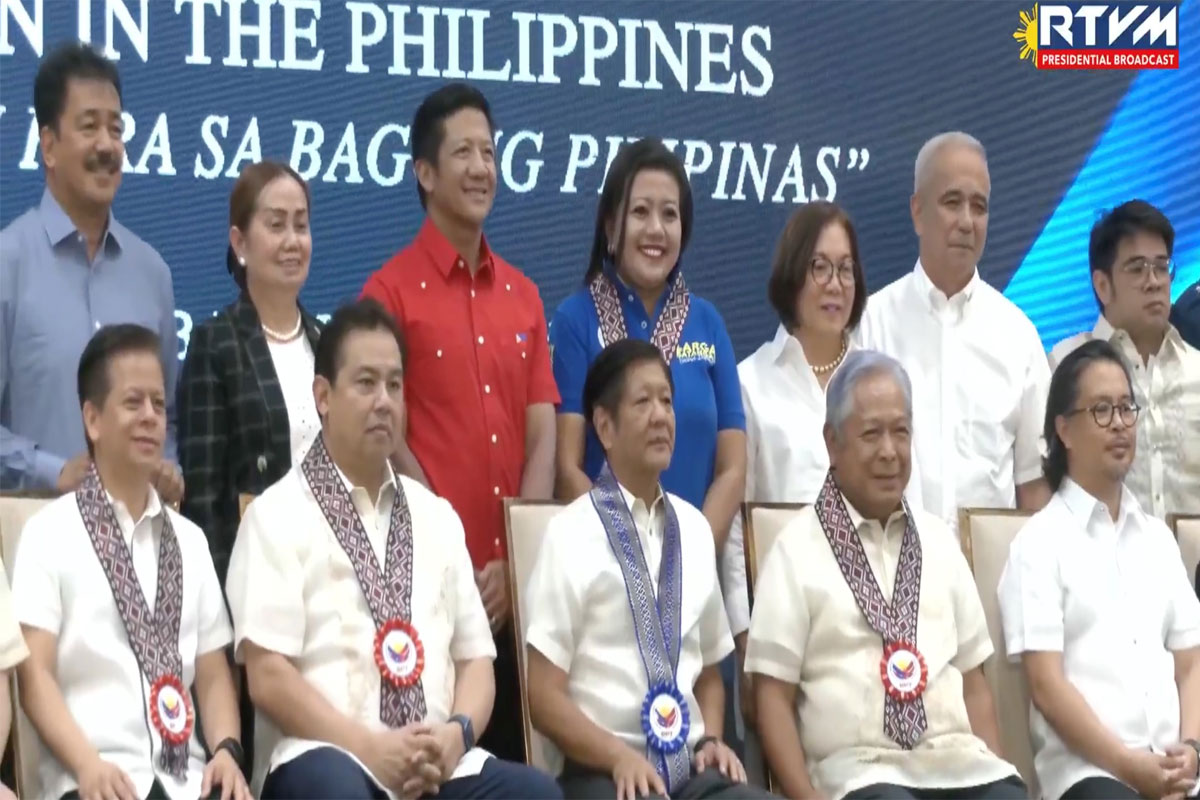
Solon seeks probe on pink salmon, pampano ban
CAVITE Representative Elpidio “Pidi” Barzaga Jr. has sought a congressional investigation into the Bureau of Fisheries and Aquatic Resources’ (BFAR) crackdown on selling imported fish like “pampano” and pink salmon in the local market, saying the BFAR has to explain the legal basis of such move.
“This is to determine if there is a violation of the Constitution, discrimination against local fish vendors and if the present regulations only encourage smuggling, graft and corruption that does not protect the general public, the environment, and promote the general welfare,” Barzaga said in House Resolution (HR) No. 600.
Barzaga said there is a need to investigate the ongoing crackdown to examine if the BFAR is “correct” in claiming that the move was based on laws and regulations such as The Philippine Fisheries Code of 1998 (Republic Act No. 8550), Fisheries Administrative Order (FAO) 195, Fisheries Memorandum Order (FMO) No. 001, FAO 259, and Certificate of Necessity to Import.
He said the measure would ascertain “whether BFAR’s administrative orders and memorandum order are evidence-based” and if its implementation is in order.
BFAR is undergoing a crackdown in wet markets, saying the sale of imported pampano and pink salmon in wet markets is prohibited under Fisheries Administrative Order 195, as these are only for canning, processing, and institutional buyers like hotels and restaurants.
The agency claimed that pompano and pink salmon are not included in the Certificate of Necessity to Import (CNI) issued in November, which listed imported fish products that can be sold in wet markets.
Sec. 2 of FAO 195 states that the importation of fresh/chilled/frozen fish and fishery/aquatic products “shall be allowed when certified as necessary by the Secretary in order to achieve food security taking into consideration public welfare and safety, in consultation with the NFARMC (National Fisheries and Aquatic Resources Management Council). Provided, That the importation of fresh/chilled/frozen fish and fishery/aquatic products for canning and processing purposes, including importation undertaken by institutional buyers, does not require such certification.”
Barzaga pointed out that a later administrative order, Section 1 of the Fisheries Memorandum Order (FMO) No. 001, Series of 2000, requires institutional buyers to obtain authority to import from the BFAR.
“To [ensure] that importation for such purposes is strictly observed, the Bureau reserves the right to reject applications to import fresh/chilled/frozen fish and fishery/aquatic products which it deems contrary to the purpose stated. Specifically, importation for direct selling to the wet market is not within the scope of this guideline, and applications for such purpose, or with such intent, will not be considered until the Secretary of Agriculture issues a Certificate of Necessity to Import. Further, importation of fish and fishery products covered by this guideline will largely depend on the species and volume to be imported in relation to the purpose of such importation. Finally, this guideline does not preclude the Director of Fisheries from issuing further policies aimed at clarifying issues and enhancing this guideline,” it said.
The senior lawmaker said there is also a need to examine BFAR’s directive in excluding other fish such as pampano and pink salmon in the alleged CNI issued in November “and why institutional buyers are allegedly allowed to sell the same, taking into consideration, Sec. 3 of FAO 195 and Sec. 2, c of FMO 001.”
“There should be an investigation to determine if the alleged prohibition applies to both local fish vendors and institutional buyers or to the former only and, consequently, why a similar crackdown is not being done against institutional buyers, thereby discriminating against local fish vendors. More importantly, BFAR should define the meaning of ‘institutional buyers’ in order to avoid confusion in the interpretation and implementation of their administrative orders,” Barzaga said.
The resolution also quoted a CNN Philippines report that the crackdown is an “offshoot of an information drive in 21 wet markets in Metro Manila from November 24 to December 3,” saying there should be an investigation into what specifically is that “information drive” and why does it only cover “21 wet markets in Metro Manila” excluding the other wet markets in the entire Philippines and the general public, “thereby violating the right to information by the average Filipino.”














